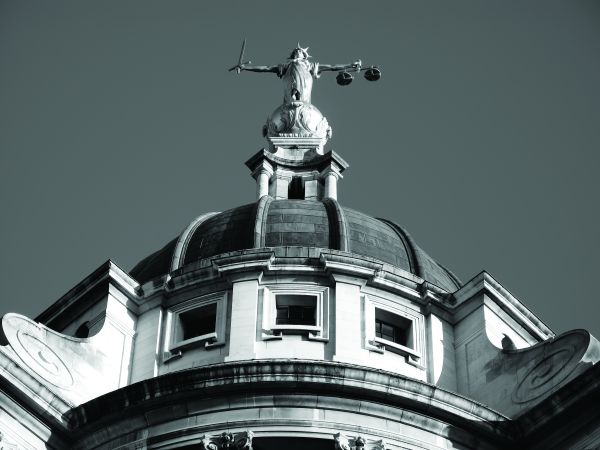
One of the great principles underpinning the rule of law is that those giving evidence or making submissions to a court of law should not make statements of fact that they know to be untrue. The administration of justice cannot work without it. Children are taught from an early age that they have a moral duty not to tell lies and although cynicism may set in later the duty to tell the truth continues to be generally recognised.
Cautionary words









